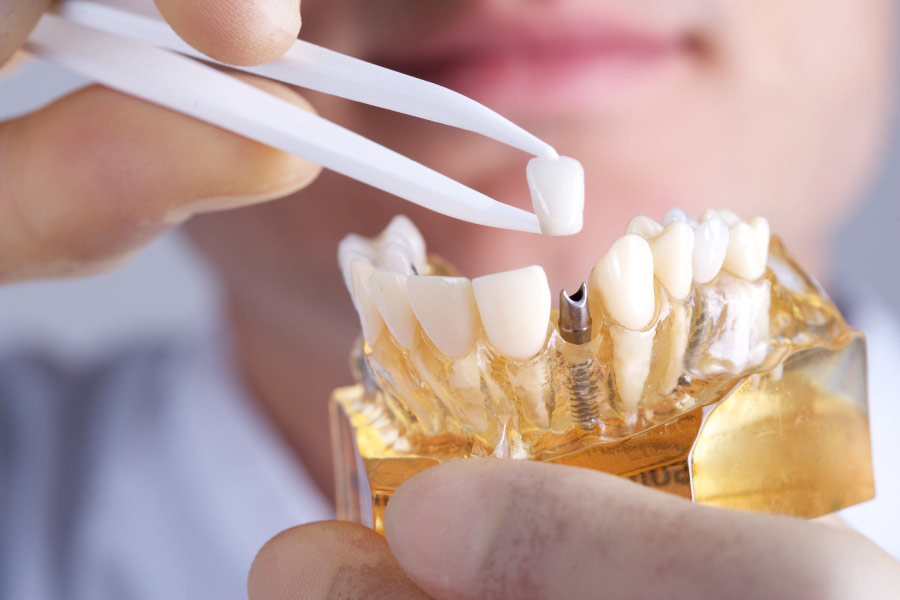
Dental implants are an excellent solution for replacing missing teeth, offering stability, functionality, and a natural appearance. However, in some cases, dental implants may encounter complications and fail to integrate successfully with the jawbone.
Understanding the reasons behind implant failure can help patients make informed decisions and take necessary precautions to ensure the long-term success of dental implant treatment.
1. Poor Oral Hygiene & Infection
Maintaining good oral hygiene is essential for the success of dental implants. Poor oral care can lead to bacterial buildup around the implant site, resulting in an infection known as peri-implantitis. This infection can weaken the bone and tissues supporting the implant, causing it to fail.
2. Insufficient Bone Density
The success of dental implants relies on the integration of the implant into the jawbone through a process called osseointegration. If a patient has insufficient bone density or poor bone quality at the implant site, osseointegration may not occur effectively. In such cases, the implant may not fuse properly with the bone, leading to instability.
3. Lifestyle Habits
Lifestyle habits like smoking can significantly compromise the success of dental implants. Tobacco restricts blood flow and reduces oxygen levels in the oral tissues, hindering the healing process after implant surgery. It also weakens the body’s immune response, making it more susceptible to infections.4. Pre-Existing Health Conditions
Health conditions, such as uncontrolled diabetes and autoimmune disorders, can impede the body’s ability to heal and negatively impact implant integration. Before undergoing dental implant treatment, patients with underlying health issues should work closely with their healthcare providers to manage and stabilize these conditions to improve the chances of implant success.
5. Incorrect Implant Placement & Design
The precise placement of dental implants is crucial for their long-term success. If the implant is positioned incorrectly, it may not withstand the forces of chewing, leading to early failure.
Additionally, the design of the implant prosthesis, such as crowns or bridges, must be carefully planned to distribute biting forces evenly.
Experienced Dental Implant Dentist in Columbus, Ohio
Whether you’re considering getting dental implants or are experiencing implant failure, our team would be happy to speak with you. From reviewing the best fit restorative options to treating failed implants, we can ensure the success of tooth replacement.
Please contact our office to schedule a consultation!
